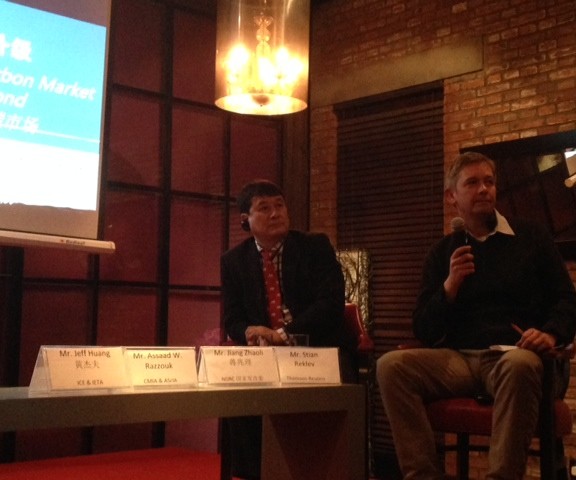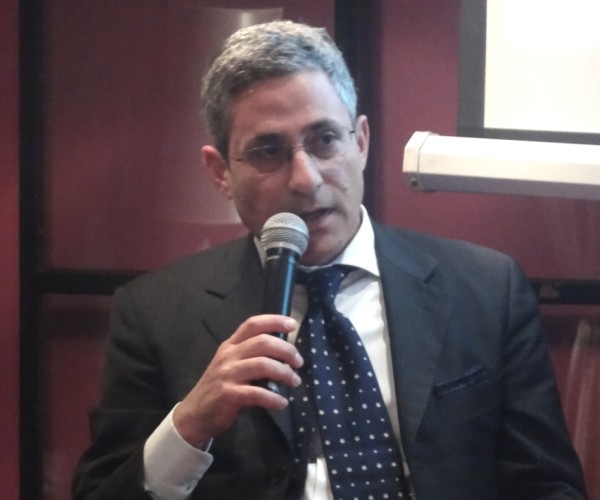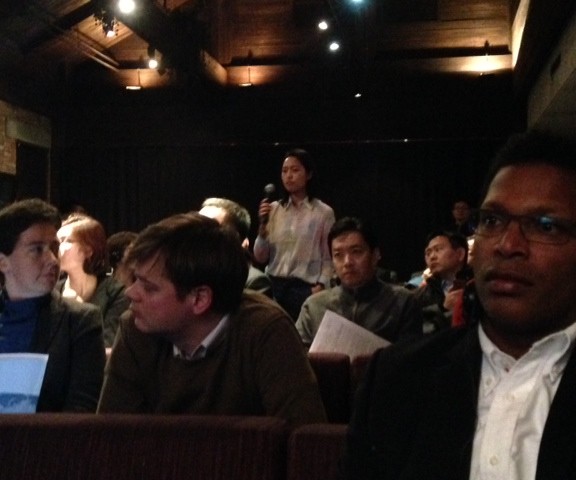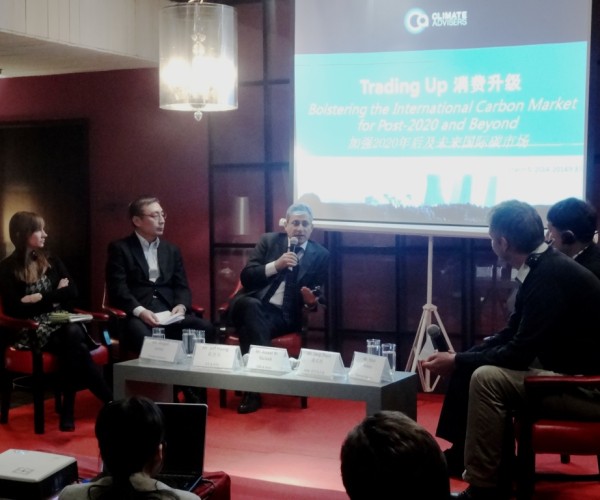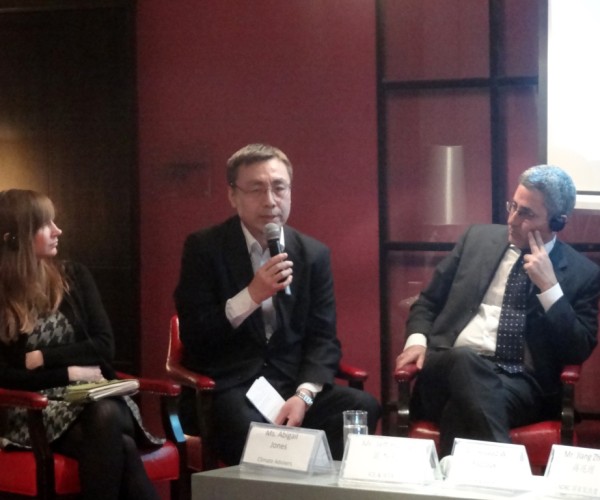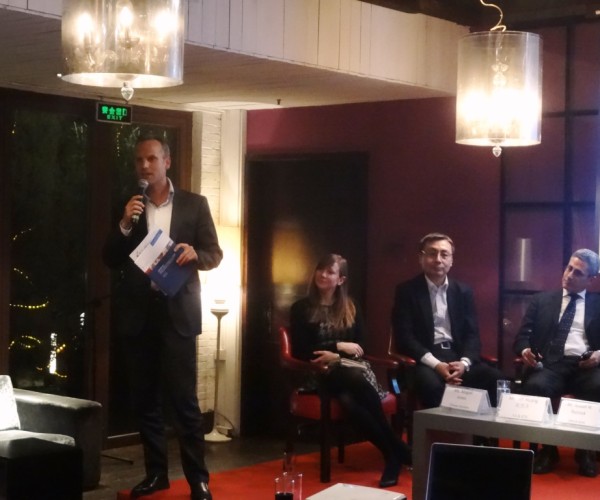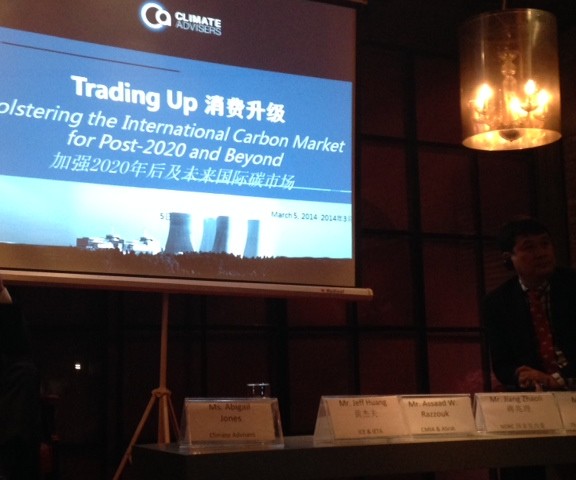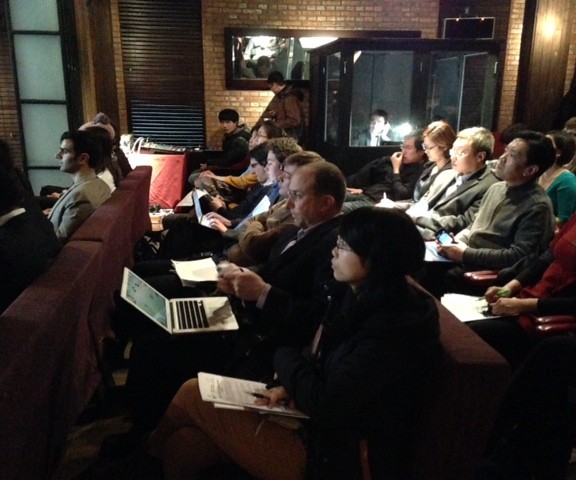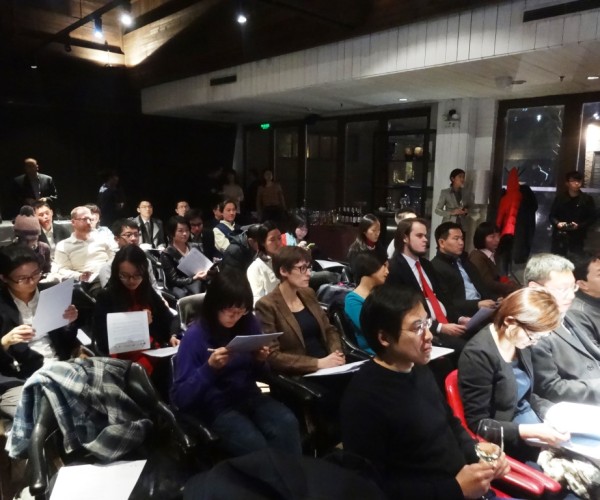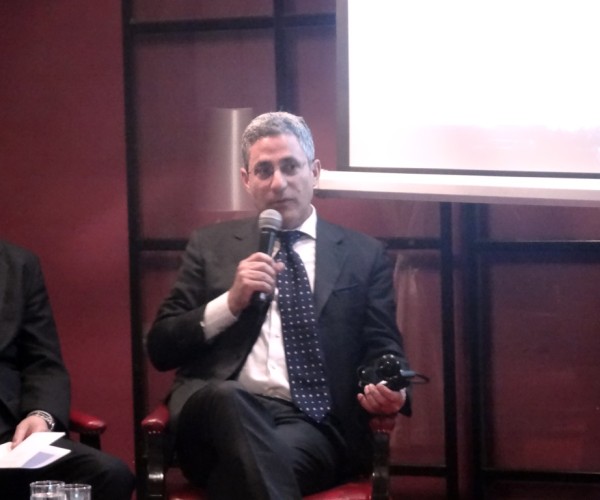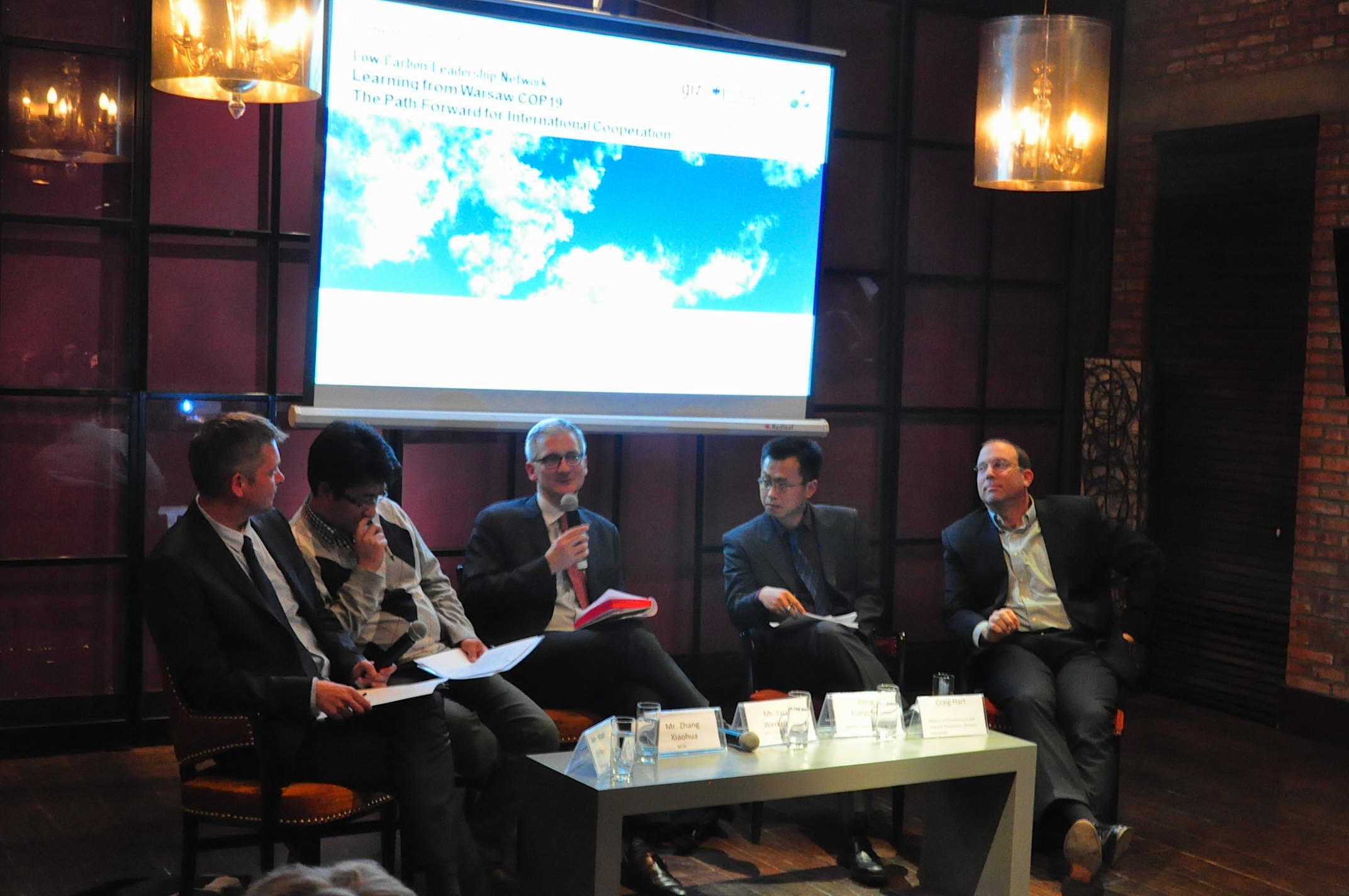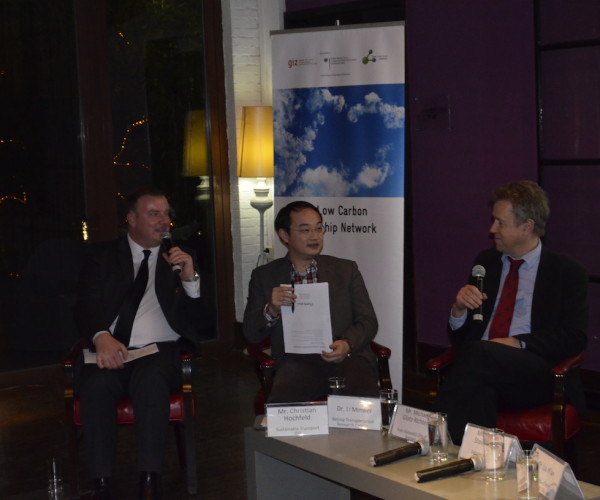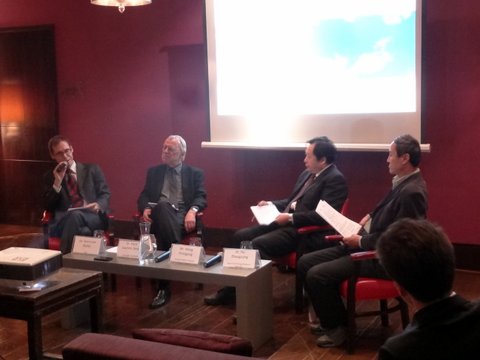The event on “Municipal energy policies and concepts: German and Chinese Experiencesâ€Â was part of the China Low Carbon Leadership Network (LCLN), an event series jointly organized by Deutsche Gesellschaft für Internationale Zusammenarbeit GmbH (GIZ) and China Carbon Forum (CCF).
The panel included distinguished experts from the fields of energy and eco-city planning, as well as those working on EU-China projects and Sino-German projects focusing on energy concepts. As the speakers came from both Chinese and international backgrounds, the audience were enabled to gain an insight into a mix perspectives, especially during Q&A sessions. After the discussion, the guests enjoyed the follow-up networking event.
For record of discussion and Executive Summary, download PDF:Â Municipal energy policies and concepts

